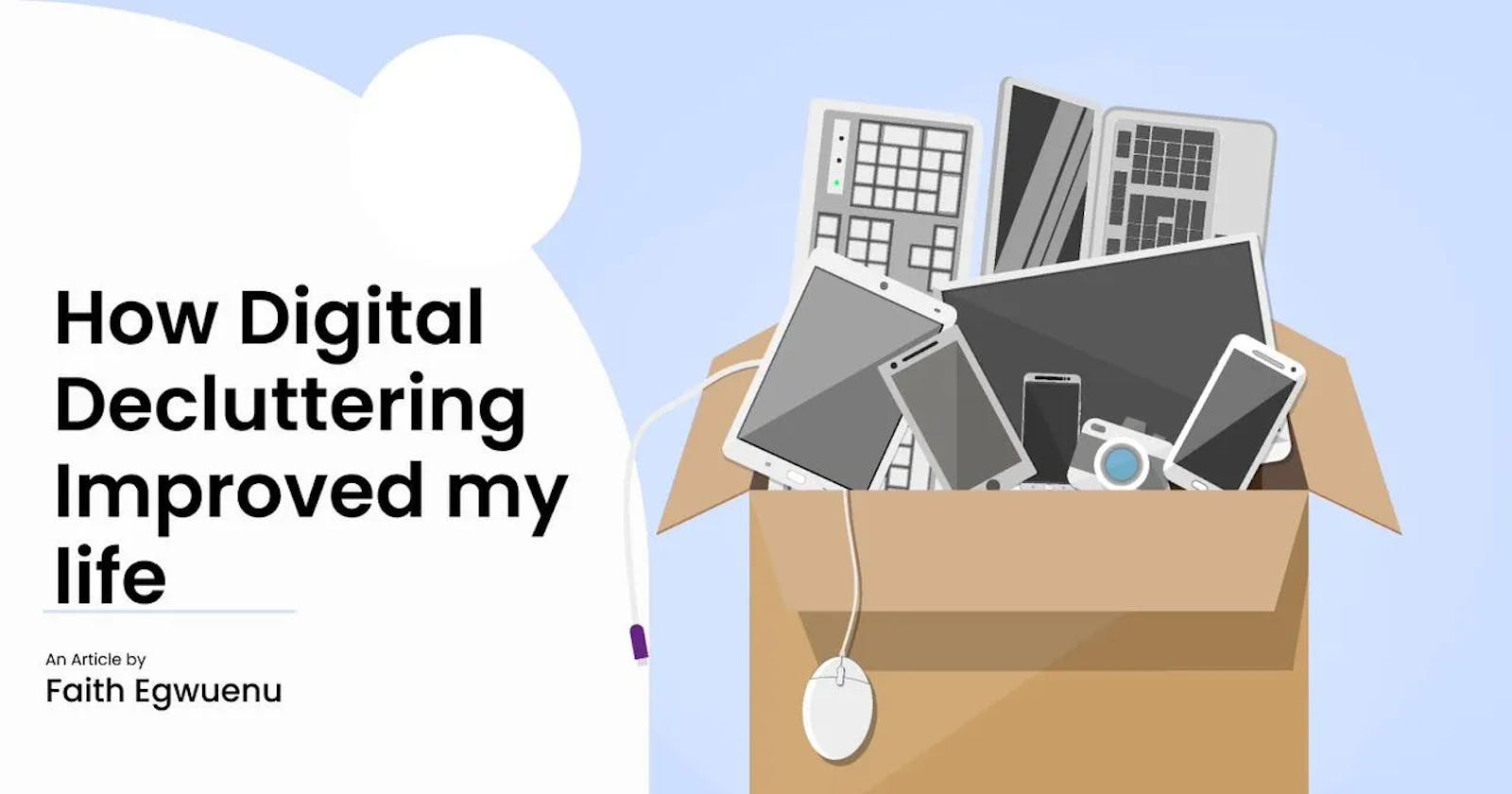Table of contents
For years, I have stuck with the status quo of always being online because of the fear of missing out. There was never a day when I was inactive. This led me to the point where I felt addicted to texting and had to respond immediately to every message. There was no way I could even see the red notification tag on an app icon without clicking on it. It was so addictive that it had my full attention.
Some days, I find myself scrolling through Instagram, watching videos on Tik-tok for hours, or getting lost in the latest Twitter gist when I could be spending that time doing something productive, like finishing up a task or having a real-world conversation. While being aware of the drawbacks of social media coupled with the anxiety I was feeling then, I decided to read Digital Minimalism, a book about decluttering by Cal Newport. I was two chapters into the book when I decided to practice what the author was preaching about: digital decluttering.
Then I went back to my notion, created a new template, and called it a seven-day declutter plan. Before going further with this, I had to rethink things and ask myself questions like: Is this the right time to do this? Would it be okay if I’m not able to access the internet?
After answering the questions, I decided to take it up, and the first thing I did was delete my most addictive app, WhatsApp. It was a big struggle for me (and a big win). I used WhatsApp as a part of my everyday routine, and I rarely went for less than three days without using it. When I was not texting, I posted or viewed people’s statues. I always had something to do with that app. Then I deleted the rest of my social apps that I felt a compulsive need to use. It was a big step I took to clear out the noise and different opinions people had about different situations on social media.
How Digital Decluttering Helped Me:
I stopped procrastinating: Having no access to social media made me realise how much free time I had to myself. In the past, I had always complained about how time gets shorter and how I didn’t accomplish enough.
So, during this period, I was able to finish some pending tasks, begin taking my design course, read consistently for a week and prioritise the important things and people in my life.
I Stayed organized: Keeping an organized space helps me think and plan better. During this decluttering period, I was able to plan better. Track my expenses, unsubscribe from email lists I did not find value in, remove apps from my phone that I was not using, and turn off notifications I did not need. I also watched a video about creating filters in Gmail, and honestly, since I did that, I’ve been able to prioritise important emails.
I Embraced Solitude: Solitude is a subjective state where your mind is free from the input of others. During these seven days, I self-reflected and grew in confidence. I’ve been able to stay productive, and I’ve also understood myself better.
I’ve come to understand that taking this challenge has given me the authority to step away for a moment. I’ve discovered how much I can do with my time, and I’m beginning to reintroduce new technologies that will benefit me and restructure how I use the ones that had me hooked.
If you enjoyed reading this article, you can drop a comment of your experience with decluttering.
